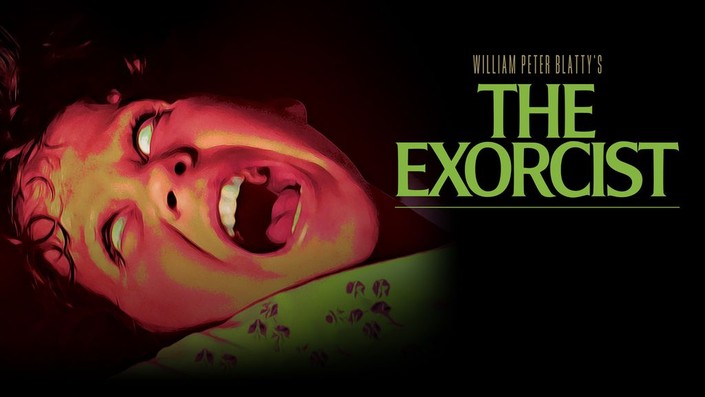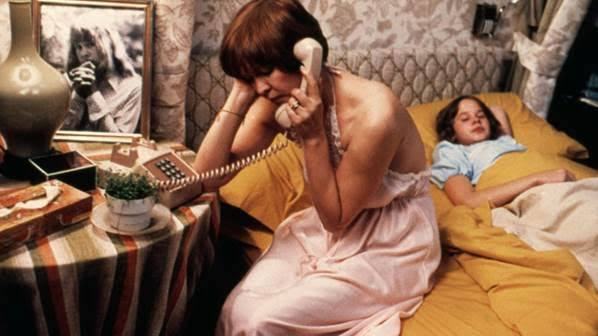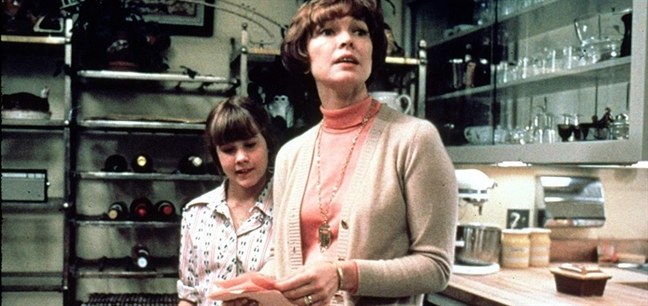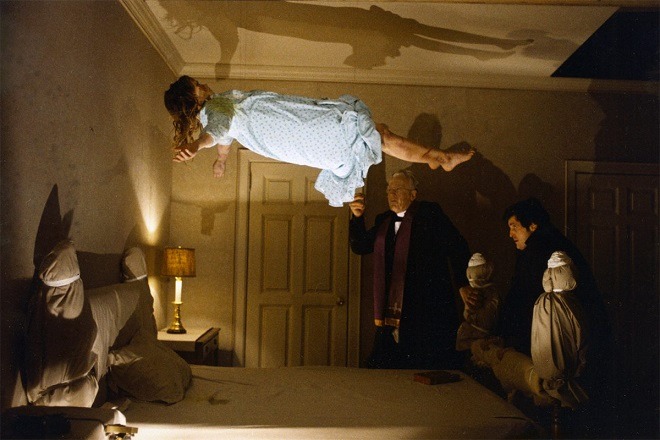The Exorcist (1973)

The Exorcist is a supernatural horror film released in 1973, directed by William Friedkin and based on the 1971 novel by William Peter Blatty. The film quickly became one of the most iconic horror films of all time, thanks to its chilling atmosphere, disturbing imagery, and its exploration of themes such as good versus evil, faith, and the supernatural. The Exorcist remains a landmark in horror cinema and is widely regarded as one of the scariest films ever made.
The plot of The Exorcist centers around a young girl named Regan MacNeil, played by Linda Blair, who begins exhibiting strange and violent behavior after playing with an Ouija board. Her mother, Chris MacNeil (played by Ellen Burstyn), a successful actress, becomes increasingly desperate to understand what is happening to her daughter. As Regan’s condition worsens, Chris seeks the help of Father Damien Karras (played by Jason Miller), a priest and psychologist who is struggling with his own crisis of faith. Together with Father Merrin (Max von Sydow), a seasoned exorcist, they must confront the malevolent force that has taken control of Regan’s body.
A key aspect of The Exorcist is its exploration of the battle between good and evil, embodied by the possession of Regan and the exorcism performed by the priests. The film delves deeply into the psychological and emotional struggles of its characters, especially Father Karras, who is torn between his doubts about his faith and his desire to help the suffering child. This internal conflict adds an emotional depth to the horror, making the film not only terrifying but also thought-provoking.

The supernatural elements of The Exorcist are what truly set it apart as a horror film. The possession itself is portrayed in disturbing and unsettling ways, with Regan’s body contorting, her voice changing, and horrific acts of violence. The special effects, particularly Regan’s head spinning and the infamous pea soup scene, have become iconic in the horror genre. These visuals, combined with the eerie atmosphere created by Friedkin’s direction and the haunting soundtrack, create a sense of dread that builds throughout the film.

Another significant aspect of The Exorcist is its exploration of faith and the human condition. The film questions the existence of evil and the power of religion, highlighting the characters’ struggles with belief and the choices they must make. Father Karras’ journey is especially poignant, as he grapples with the loss of his mother and the crisis in his own faith. His eventual decision to confront the demon is a powerful moment of redemption, showing how faith and courage can triumph in the face of unimaginable evil.

In conclusion, The Exorcist is a chilling, thought-provoking, and masterfully crafted film that continues to be a benchmark in the horror genre. With its unforgettable performances, psychological depth, and supernatural terror, it has earned its place as one of the greatest films of all time. The film’s exploration of good and evil, the power of faith, and the horrors of the unknown resonates with audiences long after the credits roll, solidifying The Exorcist as a timeless classic.











